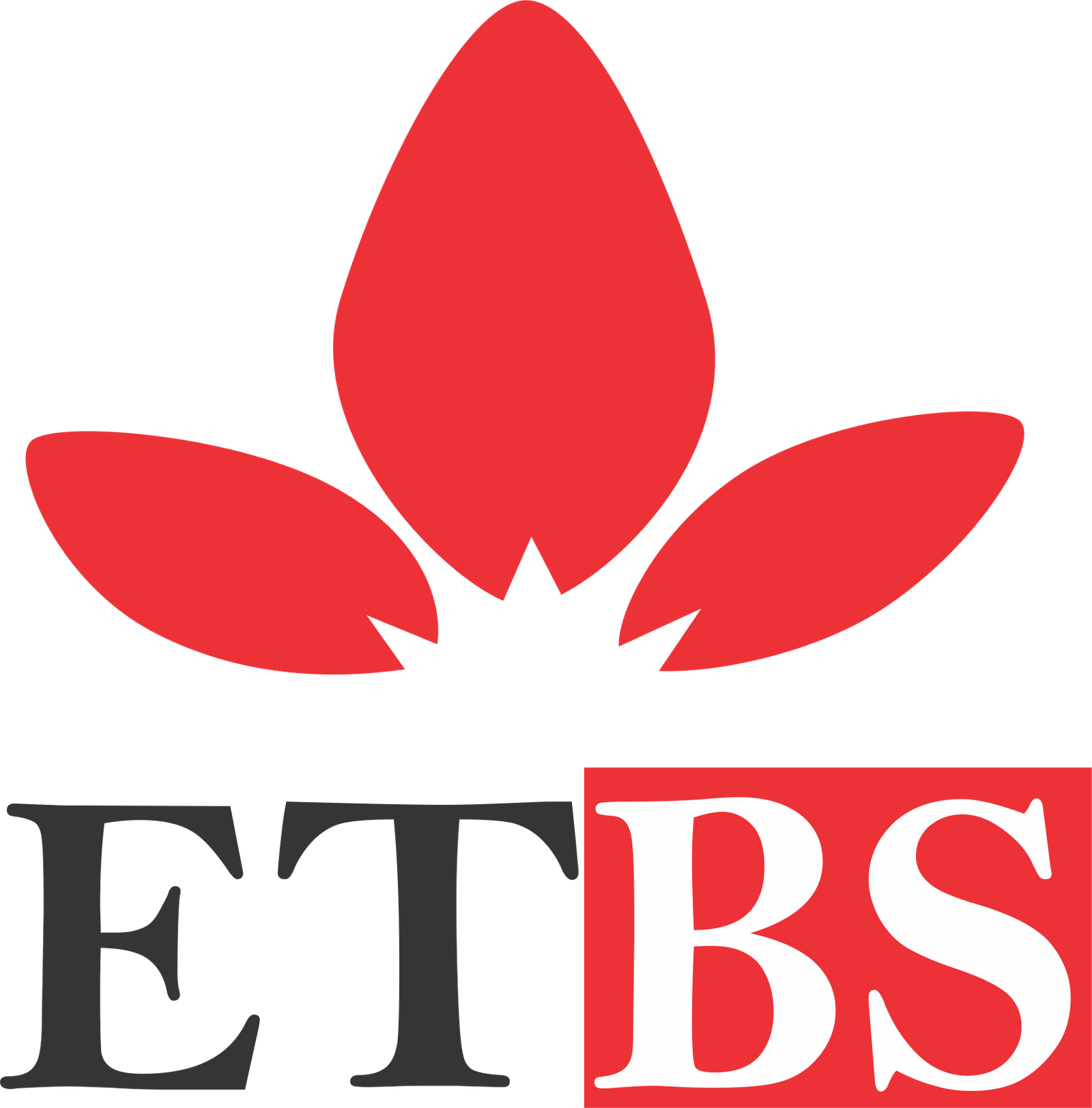 EarthTab Business School
EarthTab Business School
☰
|

COURSE TITLE: INNOVATION AND PRODUCT DEVELOPMENT IN TOURISM Welcome to EarthTab Business School. My name is Tomasz Kowalski, and i will be your course preceptor for the course, Innovation and Product Development in Tourism. The Innovation and Product Development in Tourism course explores the strategic processes, methodologies, and tools necessary to create, design, and implement novel tourism products and services that meet the evolving needs of travelers in a dynamic global market. Tourism today is characterized by rapid technological advances, shifting consumer preferences, and increasing competition. This course equips you with the skills to identify market gaps, conceptualize innovative offerings, develop them into viable products, and manage their lifecycle from conception to commercialization. The course bridges the gap between creativity, strategic management, and operational execution, emphasizing the integration of sustainability, digital transformation, and customer-centric design. Innovation is the backbone of tourism competitiveness. With global tourism revenues exceeding trillions of dollars, the ability to design unique experiences, services, and products can determine the survival and growth of organizations. Key rationales for this course include: Addressing market disruption: Equipping you to respond to emerging travel trends, technological disruption, and competitive pressures. Enhancing customer experience: Using innovation to meet diverse traveler expectations and create memorable experiences. Driving sustainable development: Designing products that align with environmental, social, and cultural sustainability. Economic competitiveness: Generating new revenue streams and attracting investment through innovative tourism offerings. By the end of this course, you will be able to: Understand the theoretical foundations of innovation and its relevance to tourism. Identify and analyze market opportunities, gaps, and unmet traveler needs. Apply creative problem-solving and design thinking techniques to tourism product development. Develop new tourism products and services, including experience-based, digital, and sustainable offerings. Implement strategic innovation management and evaluate product performance in a competitive market. Integrate technology, sustainability, and cultural relevance into tourism innovation processes. Conduct market research, feasibility analysis, and risk assessment for new tourism products. Build a roadmap for product commercialization, marketing, and lifecycle management. The course covers a wide spectrum of topics spanning the ideation, creation, evaluation, and implementation of tourism products. Key themes include: Definition, types, and dimensions of innovation: product, service, process, and business model innovation. Drivers of tourism innovation: globalization, digitalization, sustainability, and customer expectations. Innovation frameworks and models: Oslo Manual, Doblin Innovation Model, and Design Thinking principles. Conceptualizing tourism products: tangible (hotels, resorts, tours) vs. intangible (experiences, cultural immersion). Stages of product development: ideation, concept testing, prototype development, pilot testing, and full-scale launch. Role of creativity, market insights, and technology in product design. Understanding traveler behavior, psychographics, and demand segmentation. Identifying gaps in tourism services and products. Competitor benchmarking, trend spotting, and blue ocean strategy applications. Applying human-centered design to create innovative tourism experiences. Ideation techniques: brainstorming, SCAMPER, mind mapping, and journey mapping. Prototyping, testing, and iterating tourism product concepts. Designing eco-friendly and culturally responsible tourism products. Integrating environmental, social, and economic sustainability principles into product development. Regulatory compliance, ethical considerations, and stakeholder engagement. Role of technology in product innovation: virtual reality (VR), augmented reality (AR), mobile apps, and AI-driven solutions. Enhancing customer experience through digital platforms. Leveraging big data, predictive analytics, and social media insights for product development and market adaptation. Aligning innovation with organizational strategy and market objectives. Resource allocation, budgeting, and risk management in product development. Monitoring performance through KPIs, ROI, and customer feedback loops. Examining successful tourism innovation worldwide: eco-tourism, adventure tourism, culinary experiences, and smart tourism. Learning from failure: analyzing challenges in product launches and innovation missteps. Adapting global best practices to local and regional contexts. Upon completing this course, you will be able to: Generate innovative tourism product ideas based on market insights. Evaluate the feasibility, profitability, and sustainability of new tourism products. Apply design thinking and creative methodologies to practical tourism scenarios. Develop marketing strategies, operational plans, and lifecycle management for tourism products. Integrate digital technologies and analytics into product development and customer engagement. Demonstrate strategic decision-making and risk management skills for innovation projects. Mode: Interactive lectures, case studies, workshops, and hands-on projects. Learning tools: Market research exercises, product prototyping, design thinking workshops, digital platform simulations, and field studies. Assessment: Quizzes, assignments, project proposals, innovation pitch presentations, and final examinations. Skill Development: Creativity, critical thinking, strategic planning, market analysis, technology integration, and sustainability evaluation. This course empowers you to lead innovation initiatives in tourism, ensuring organizations remain competitive, adaptive, and capable of delivering exceptional, sustainable, and profitable experiences. It emphasizes holistic integration of creativity, market insight, technology, and sustainability, creating a strong foundation for career advancement or entrepreneurship in the tourism sector. I look forward to congratulating you upon completion of this course.Course Overview
2. Rationale and Importance
3. Course Objectives
4. Core Themes and Scope
4.1 Innovation in Tourism
4.2 Product Development in Tourism
4.3 Market Analysis and Opportunity Identification
4.4 Design Thinking and Creative Problem Solving
4.5 Sustainability and Responsible Tourism
4.6 Digital Transformation in Tourism
4.7 Strategic Innovation Management
4.8 Global Trends and Case Studies
5. Learning Outcomes
6. Course Structure and Methodology
7. Strategic Value of the Course

Unlocking Professional Potential through world-class assessments and industry-ready training.
"Empowering Professionals through practical, accessible online business education"
- Blessing Princess Agho
 Founder/Lead Instructor
Founder/Lead Instructor